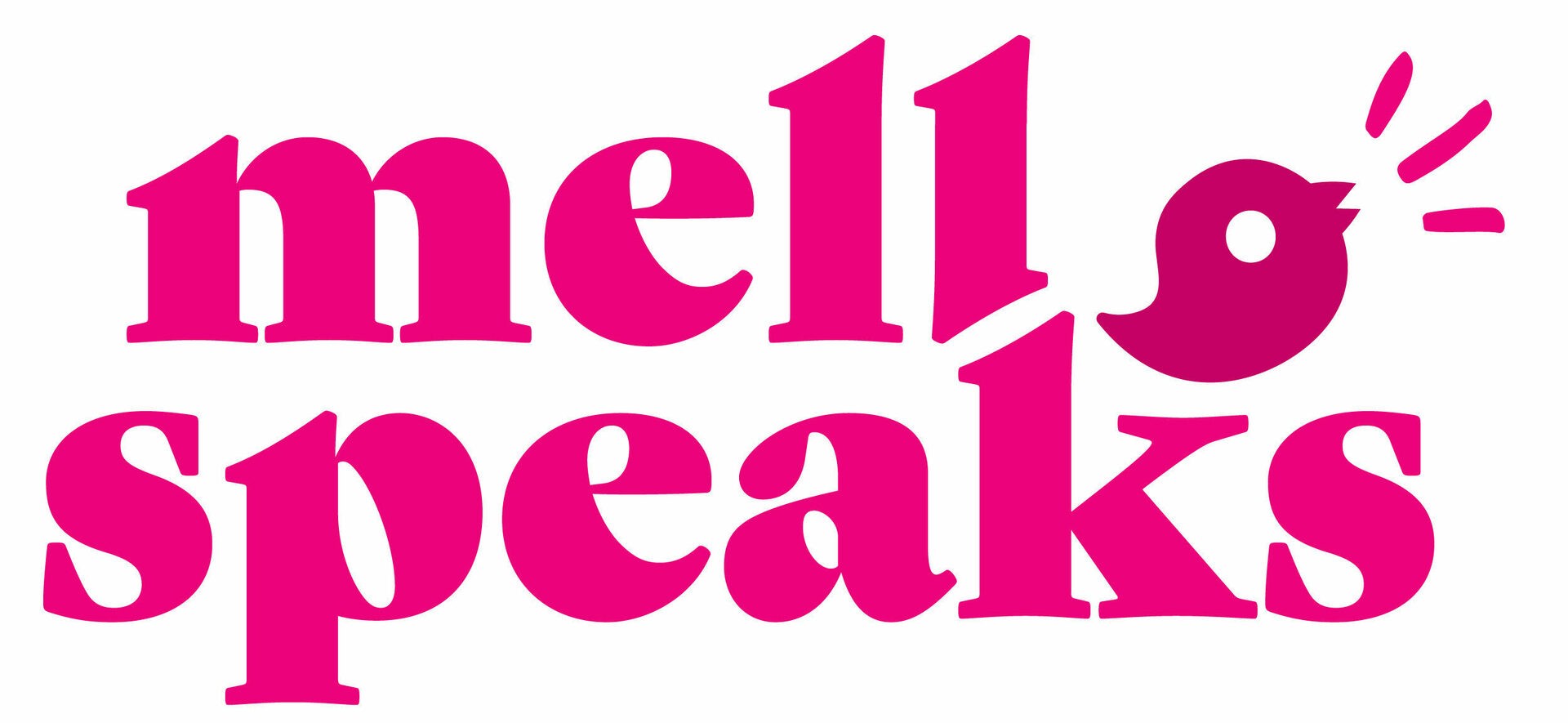Preparing a business plan for 2024: A Guide for SMEs
Have you started working on your business plan 2024?
We all know that effective business planning is not just important, it’s absolutely vital for achieving long-term success for our businesses and organisations. But we’re not always great a sitting down and putting a plan for the coming year together.
Or worse, you may not even know how to plan for 2024.
So, as we approach the end of 2023, I’m here to help you start preparing and planning for the upcoming year with a simple process to create your business plan 2024.
Starting with…
Why do you need a business plan
Well, without a business plan in place, you run the risk of you and your business lacking direction and purpose. This can leave you vulnerable to not only unexpected challenges, without a plan for 2024 you may miss out on some awesome opportunities.
Having a business plan for 2024 should provide you with a strong yet adaptable framework for running your business.
The ‘experts’ are saying that 2024 is going to be a challenging year. Having a business plan will help you to navigate the year with confidence, knowing how you’ll manage challenges and be able to seize any opportunities that lie ahead.
What are the core aspects of your business plan?
I’m going to keep it simple because we all know I’m a KISS fan (Keep It Super Simple).
Answer these five questions and voila – you have your business plan.
1. Where are you now?
When it comes to planning for the future, it’s really important to have a clear understanding of where you’re at right now.
This understanding helps you evaluate your strengths, weaknesses, and opportunities, so you can make informed decisions and set realistic goals. Without this awareness, it can be tough to create an effective roadmap towards a successful future.
So take some time to really evaluate how things have been going for you over the past year.
Look back on what strategies and approaches have worked out well and pinpoint areas that could use some improvement.
By doing this, you’ll gain some seriously valuable insights into your business and operations, what your clients are into, and the latest trends in the market.
And trust me, having this knowledge will help you make some informed decisions and adapt to your client’s ever-changing needs.
For example, let’s say during your review, you find out that your content marketing campaigns have been a total hit with your ideal clients. But maybe your social media efforts haven’t been as successful as you’d hoped.
Armed with this knowledge, you can allocate more resources to content marketing and tweak your social media strategy to better match what your clients love and how they behave.
2. Where do you want to be?
The next step in building your business plan is to set clear and meaningful goals.
Now remember, goals don’t always have to be about getting bigger or crushing the competition, or winning at all costs. Your goals should align with your core purpose, your “Why”.
By making what really matters a priority and staying true to your core values, you can make sure your goals align with your vision and purpose.
This helps you to navigate any future challenges and keep you focused on making decisions so you stay on track.
So, think about the different aspects of your business that you’d like to improve.
Maybe you want to enhance client satisfaction by implementing better support systems or refining your offerings. Or perhaps you’re looking to diversify your product range or services to cater to more people. You may want to strengthen your local presence through community initiatives.
Whatever your goals may be, it’s important to make sure that they reflect your business’s values and contribute to its long-term success.
Setting goals that are meaningful and aligned with your purpose will not only guide your business’s growth but also help you avoid unnecessary stress.
So, take the time to define your goals thoughtfully. And don’t forget to make them SMART. That is Specific, Measurable, Achievable, Relevant and Time-bound.
3. How are you going to get there?
Once you have a clear understanding of where you are now and where you want to be in the future, it’s time to figure out how you’ll get there.
Current things
Start by looking at your current revenue streams and analysing their potential for the upcoming year.
Then think about what changes or improvements you can make to your current offerings to increase their value and attract more customers.
Don’t forget to consider how you can make the most of technology, social media, and other marketing channels to connect with new audiences and boost your brand’s visibility. It’s all about finding creative ways to engage and build relationships!
Importantly… remember, don’t try to do everything at once. Focus on a few key strategies that align with your goals and values.
Future things
It’s also a great time to explore and identify new ways to generate income.
For instance, if you’re a service-based business, maybe it’s time to consider creating an online course or program. If you’re product-based, perhaps look into expanding your offerings or exploring new markets.
Be creative and don’t be afraid to take calculated risks. Just make sure that any changes or additions align with your overarching goals and are manageable for your team and resources.
By diversifying your sources of income, you not only reduce risks but also increase your chances of achieving financial stability and sustainable growth in the long run.
4. Who is going to help you?
A well-crafted business plan is not just about goals and strategies, it’s about the amazing people who drive its success!
So, as part of your business plan for 2024, it’s really important to clearly outline and define everyone’s roles and responsibilities within your team/business.
Having team members who truly understand their roles and how they contribute to your shared goals creates a deep connection with your business. This also creates alignment, coordination, and accountability within your team, which ultimately leads to better collaboration and even greater success.
When everyone pitches in together, and are all working towards the same goals you can achieve awesome things!
Oh, and let’s not forget the huge importance of company values in all of this!
Having a team that has similar values to you and your business can significantly reduce turnover, which is super important for attracting and keeping great staff in 2024,
By working out who in your business will take ownership of important tasks and providing them with the support and resources they need, your business plan will be more easily delivered and therefore even more effective.
5. What time frame?
Every goal needs a well-defined timeline. Without a deadline, there is no sense of urgency to take action, which makes it easy to put things off and delay progress.
And we all know how that goes, right?
Remember those goals you set? I’m guessing they had different timeframes around them. Different goals can take different amounts of time to achieve. Some can be done quickly, while others may take longer, maybe even more than a year. But here’s the thing: having a clear timeframe for your plan brings so many benefits!
Having a clear timeframe for the deliverables of your plan offers numerous benefits.
- Accountability: When you set a timeline, everyone knows what needs to be done and can track their progress. It’s all about keeping things moving forward!
- Focus: You can prioritise tasks and allocate resources effectively, making sure that you and your team are making the most of your time and efforts.
- Milestone tracking: Breaking down the goals into smaller milestones with their own timeframes is a game-changer. It’s easier to track your progress and celebrate those little wins along the way. Trust me, it feels great!
- Motivation: having a clear timeframe creates a sense of urgency. It keeps everyone motivated to work towards the goals within the set time constraints. Time flies, so make the most of it!
Remember, setting realistic timeframes is key. It keeps your team motivated, focused, and on track to achieve success. You’ve got this!
Plan for success in 2024
Simply put, preparing a business plan 2024 should be on your MUST DO list rather than your ‘Should do’ Lis. It will be your roadmap to guide your business through 2024.
So, as the year 2023 comes to a close, take the time to get ready for the year ahead.
Every journey starts with a single step. Take that step today.
And, if you need help taking that step let’s talk about how I can help you through business mentoring.


